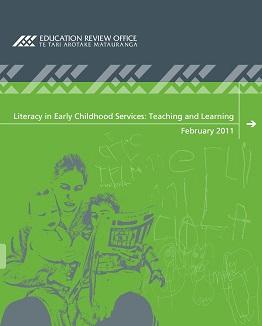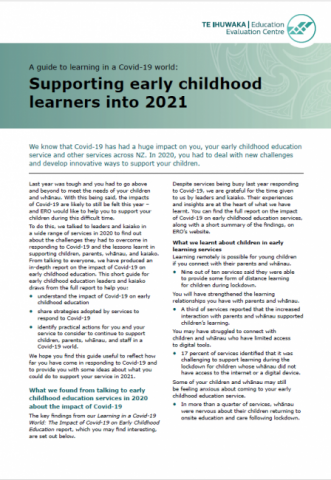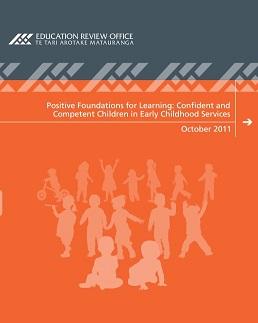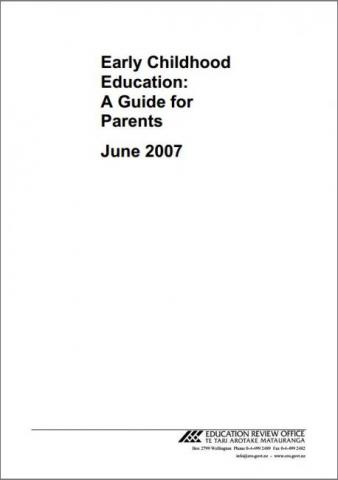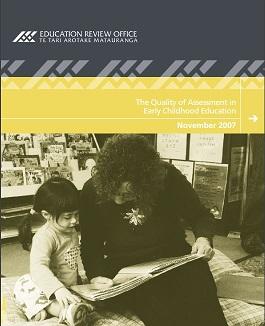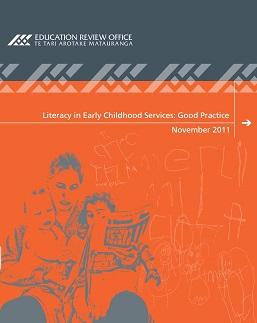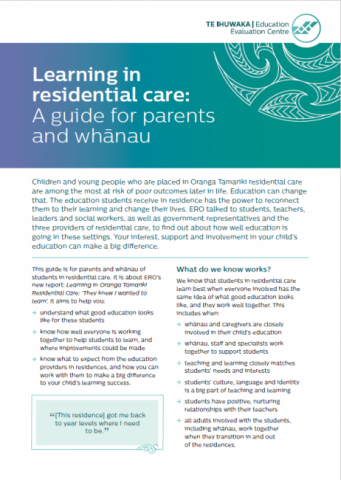Early mathematics: a guide for improving teaching and learning
Published: 22 Mar 2016
This guide describes how children can be supported to become confident and capable mathematical learners in the early years.
- Audience:
- Early learning
- Parents
- Content type:
- Research
- Topics:
- Early childhood curriculum
- Early Childhood Education (ECE)
- Mathematics
- Early mathematics
